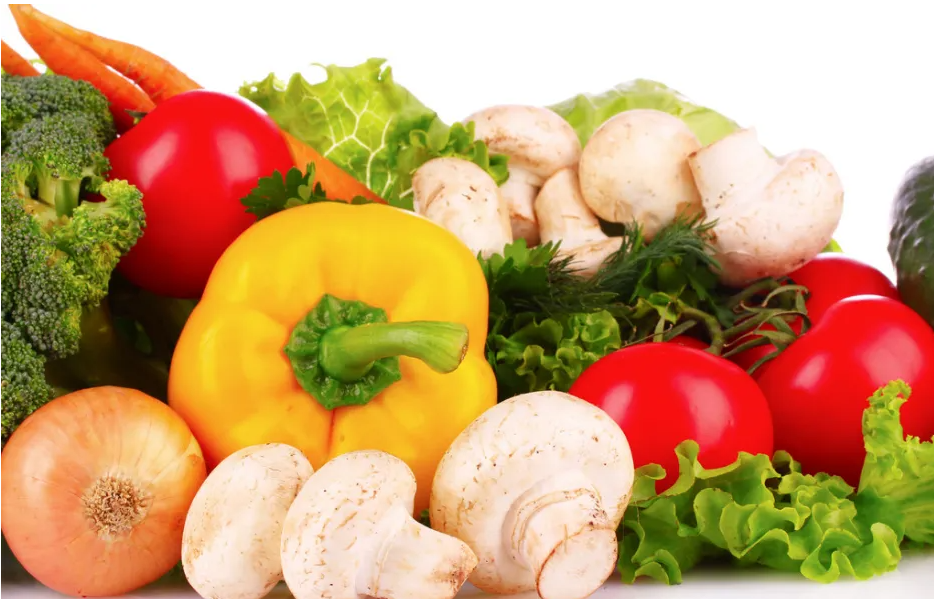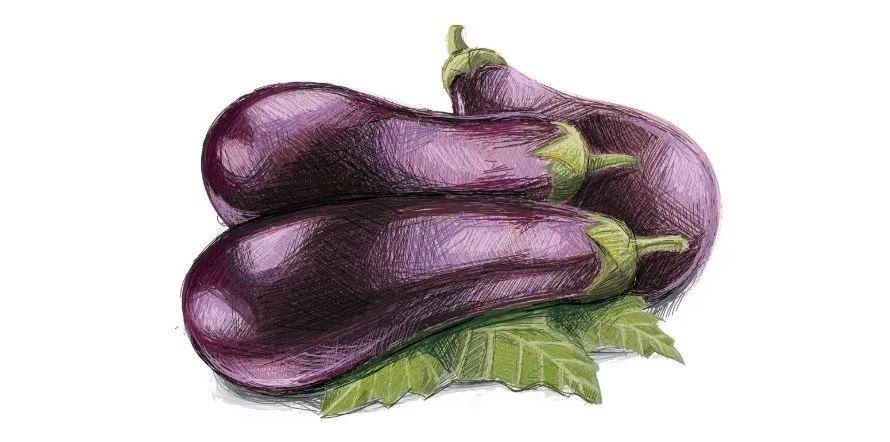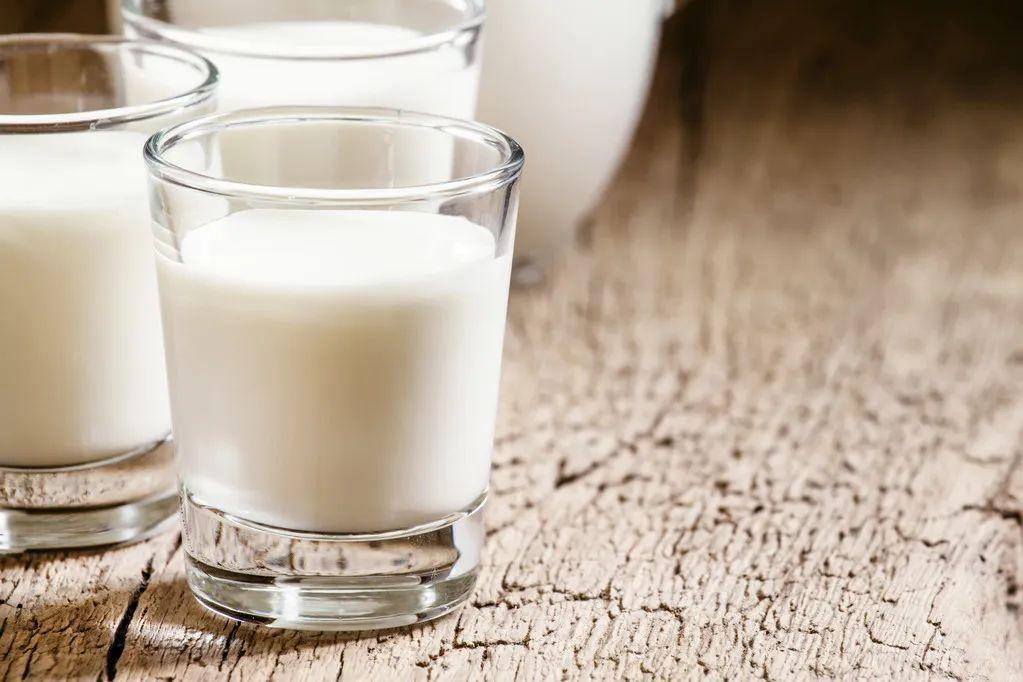Experts Recommend a 'High Potassium Low Sodium' Diet. Are You Eating It Right?
The World Health Organization recommends no more than 5g of salt per person per day.
In recent years, many studies have confirmed that the intake of salt is related to the incidence of hypertension, and excessive intake of dietary salt can cause hypertension. The World Health Organization (WHO) recommends consuming less than 5 grams of salt per person per day to prevent coronary heart disease and high blood pressure.
According to the expert survey, the amount of salt and the incidence of hypertension has a certain relationship, the more salt, the higher the incidence of hypertension.

Figure | Eskimo
Eskimos in Alaska eat very little salt and are virtually free of high blood pressure, while residents of northern Japan, who eat around 20 grams of salt a day, have surprisingly high rates of hypertension.
According to the old Dietary guidelines, healthy adults should consume no more than 6 grams of salt a day, including those found in soy sauce and other foods.
The Dietary Guidelines for Chinese Residents (2022) recommend that people over the age of 11 consume no more than 5 grams of salt per person per day, one gram less than the old guideline's 6 grams.
1
Why did the latest dietary guidelines cut 1g of salt from the previous 6g?
According to the data,By eating 2g less salt a day, a person's systolic blood pressure can drop by 2mm Hg and their diastolic blood pressure can drop by 1mm Hg.
Many large clinical trials have shown that a difference of as little as 2 Hg in blood pressure can reduce the risk of stroke and myocardial infarction.
In today's high incidence of hypertension, salt restriction is the most urgent measure to reduce the prevalence of hypertension in the whole population.
1.5 to 2.3 grams of salt a day is enough to meet the human body's needs.
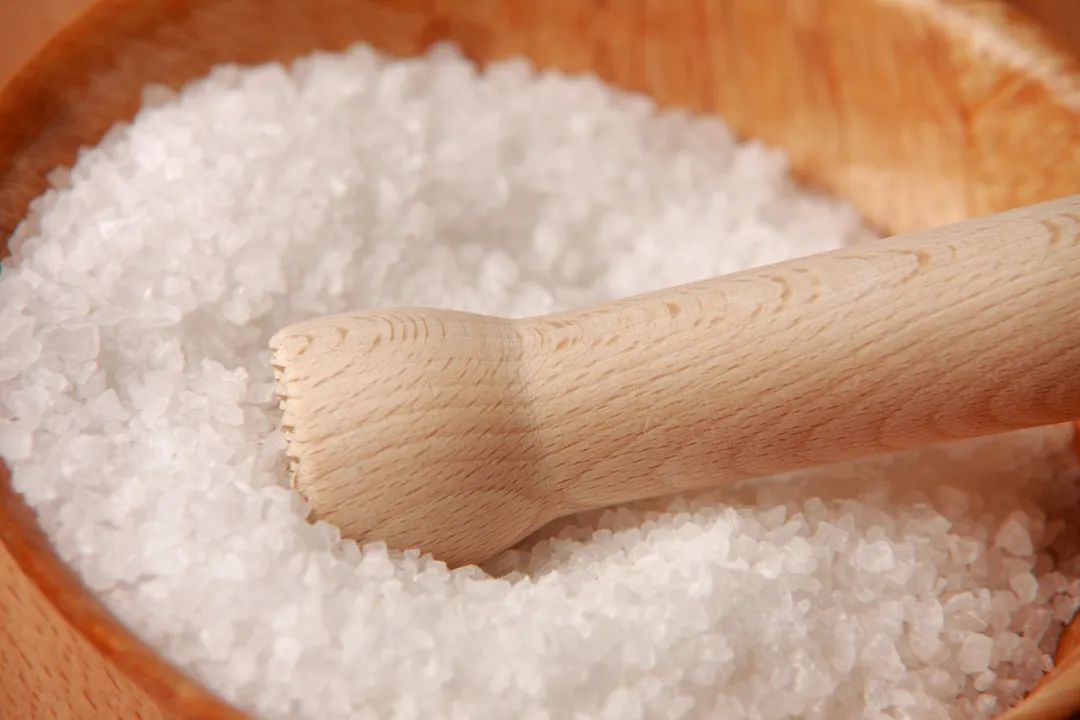
One gram of sodium is equal to about 2.5 grams of salt. If every 100g of sodium content is 800mg or more is considered high salt food, try to eat less. To be clear, the salt in our bodies does not only refer to the common table salt (NaCl, sodium chloride), but also includes such salts as KCl (potassium chloride).
Salt, which we usually think of as table salt by default, is NaCl. In chemistry, salts refer to compounds of a class of metal ions or ammonium ions (NH₄+) that bind to acid ions such as calcium sulfate, copper chloride, sodium acetate. Generally speaking, salt is the product of a double decomposition reaction, such as sulfuric acid and sodium hydroxide to sodium sulfate and water, and there are other reactions to produce salt, such as displacement reaction.
Potassium ion is mainly distributed in the cell, sodium ion is mainly distributed outside the cell, maintaining the balance between the inside and outside of the cell. 90% of potassium in food is absorbed in the gut and about 85% is excreted through the kidneys.
Here's how the body metabolizes sodium and potassium:Sodium eat more row, eat less row, do not eat without row; Potassium is to eat more row, eat less row, do not eat row!
Potassium ions are lost from the cell and sodium ions infiltrate into the cell, known as tissue damage syndrome TDS. As cells try to maintain their integrity, they allow water to bind to sodium ions, resulting in edematous fluid retention.
The balance of potassium and sodium inside and outside the cell membrane depends on the "potassium sodium pump" that is, Na+-K+ ATPase to do porter, it is a typical foot two boats, and Na+ affectionate combination for a while, and K+ affectionate combination. There are no hormones involved in this process.
2
And at this point one might ask, what happens to all the chloride that's left over when there's less sodium? And the answer is potassium.
Existing studies have shown that the dietary potassium intake of Chinese people is generally low, and low potassium intake is not conducive to cardiovascular health. Increasing potassium intake in addition to a low-sodium diet can further reduce the risk of high blood pressure.
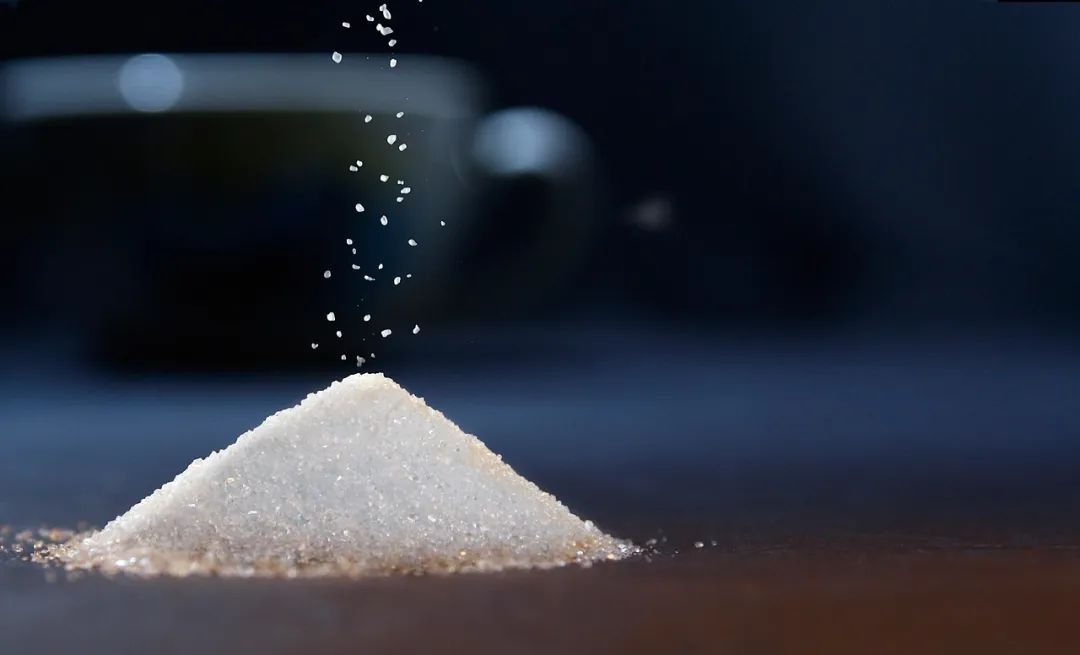
So swapping out some of the sodium in table salt (usually 30 to 40 percent) for potassium has significant health benefits. Experts say the 10:1 ratio of potassium to sodium in cells is the result of active selection and biological evolution. The higher concentration of potassium ions inside the cell and sodium ions outside the cell can maintain the potential difference between the inside and outside the cell membrane.
Clinical data show that potassium has a hypotensive effect, and the hypotensive effect of 1mmol potassium can counteract the hypotensive effect of 3mmol sodium.
Also, stress causes aldosterone, a hormone secreted by the adrenal cortex that regulates the water and salt balance. Its main role is to retain sodium, water and potassium. So stress can lead to high sodium and low potassium. Malcolm Dillson & Devin. In "Enzymes", Webb described that the role of potassium in the formation of enzymes is similar to that of catalysts (activators); Sodium, on the other hand, usually acts as an inhibitor or blocker.
In healthy, normal people, it doesn't matter if they eat a little more potassium. The body excretes the excess.
In order for cells to function properly, they need to take in potassium and reject sodium, maintaining a delicate balance. In general, people are more prone to potassium deficiency. Excessive sodium intake increases potassium depletion, resulting in a decrease in the body's potassium reserves.
In the daily diet, potassium sodium should be balanced, the ratio is about 2:1, eat more potassium, keep the ratio of potassium to sodium is 2:1, but in fact people eat 0.7.
The Chinese Nutrition Society recommends that the appropriate daily intake of potassium for adults be increased from the recommended 2, 000mg to 3, 500mg, while the WHO recommends 5, 000mg/ day.
Therefore, in our daily diet, we should change the habit of salt in the past, combined with the recommendations of the World Health Organization, the Dietary Guidelines for Chinese Residents and the Chinese Nutrition Society, control the intake of sodium salt, increase the intake of potassium salt, and develop a healthier lifestyle.


